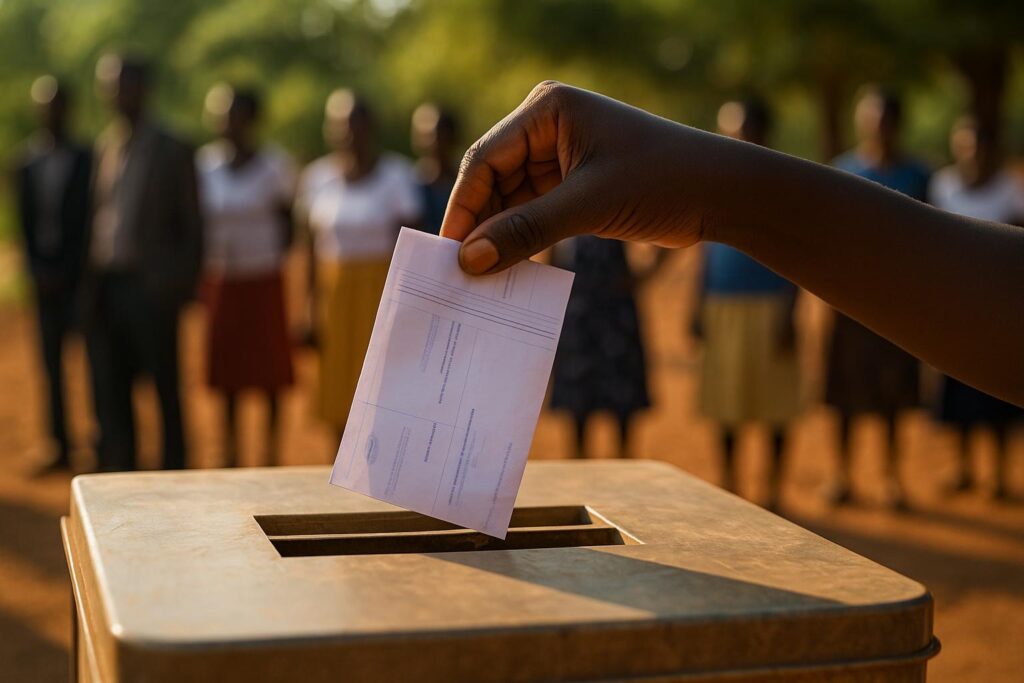South Sudanese Countdown to 2026 Elections
A decade after independence, South Sudan still awaits its first competitive poll. The revised date, 22 December 2026, serves as both deadline and test for a fragile nation seeking democratic legitimacy.
Adjusted Election Timetable
After two postponements, South Sudan now eyes 22 December 2026 for its first general election since independence. The National Elections Commission, citing logistical setbacks, says the extra time secures essential steps like a permanent constitution and census.
Government spokesperson Michael Makuei Lueth maintains the date is realistic, arguing the timetable reflects ‘lessons learned’ from earlier delays and signals commitment to a democratic transition.
Institutional Capacity Test
NEC officials concede financing remains tight, with some training sessions funded by donors rather than the treasury. Observers warn that dependence on external cash could undermine perceptions of national ownership.
Parliament passed enabling regulations in March 2025, yet procurement of secure ballot materials and digital voter registers still lags. A senior MP admitted that ‘systems exist on paper, but converting them into polling stations is the harder task’.
Security and Reconciliation Hurdles
Clashes in Nasir, Tambura and Jonglei during 2025 exposed fragile local cease-fires. UNMISS patrols have increased, though mission head Nicholas Haysom says security ‘cannot be militarised alone; political dialogue must move faster’.
Talks within the Tumaini Peace Initiative continue in Nairobi, seeking deals with holdout groups. Mediators hope preliminary security arrangements will allow safe campaigning for all parties by mid-2026.
Economic Constraints on the Ballot
Oil production, the main revenue source, fell below 130,000 barrels per day in 2024, squeezing public finances. Finance Minister Awow Daniel Chuang acknowledges arrears to civil servants but promises a dedicated election fund.
The African Development Bank estimates at least 150 million dollars are required for nationwide polling. Without diversified income, planners may rely on a mix of Gulf loans and UN technical aid.
Citizen Engagement and Civic Space
Civic educators report that many rural voters still equate elections with the 2011 independence referendum. NGOs like CEPO are broadcasting radio dramas explaining party manifestos and secret ballots.
Media laws passed in 2023 guarantee press freedom but journalists cite sporadic intimidation. Information Minister Michael Makuei vows to ‘protect independent voices’ while urging outlets to avoid hate speech.
Possible Scenarios for 2026
Analysts outline three pathways: a timely, credible vote; a managed delay with clear benchmarks; or a rushed ballot risking contestation. Each scenario hinges on security reforms and NEC capacity.
For citizens like teacher Nyandeng Akuot in Wau, patience endures. ‘We want to choose leaders peacefully,’ she says. ‘Delays hurt, but violence would be worse.’


